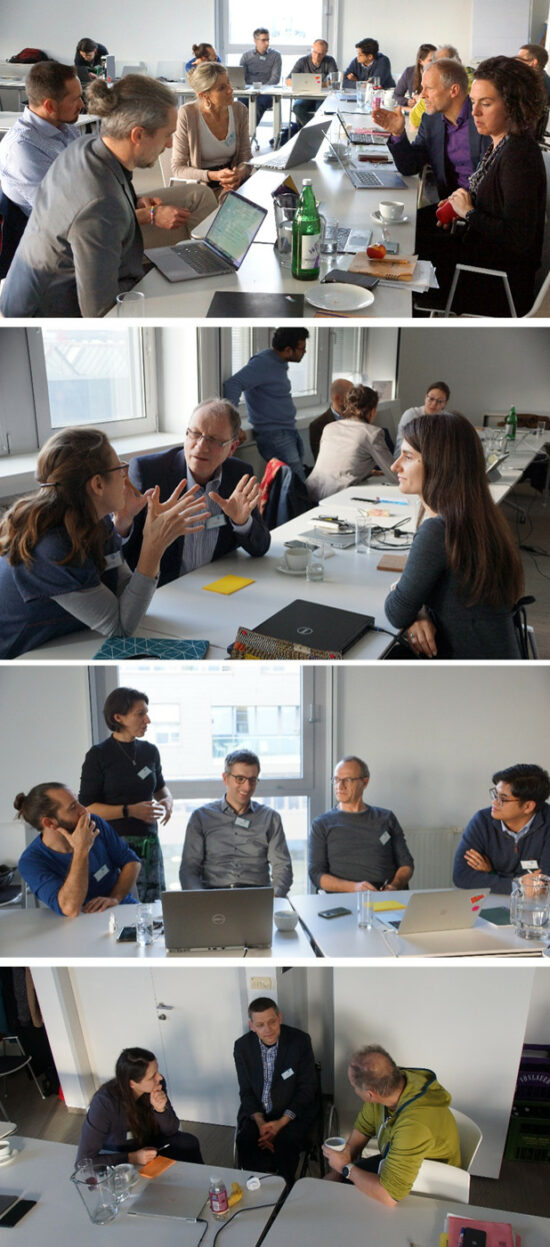Success story
Microbiome Biobanking EU Project “MICROBE” Kick-Off (8-10 March 2023) – A next step in microbiome research and biobanking with BBMRI.at partner Med Uni Graz on board
BBMRI.at representatives from Med Uni Graz are partners in the EU project MICROBE, which had its official kick-off 8 to 10 March 2023 in Vienna.
Aim of MICROBE is to develop methods and technologies for biobanking of microbiome samples and to work out an operational framework for microbiome biobanking considering relevant data infrastructure, pre-analytical sample quality and quality control as well as the legal and ethical framework.
Microbiomes are everywhere in, on and all around us and play an indispensable role in maintaining ecosystems on Earth. They consist of various microorganisms (e.g. bacteria, fungi, archaea, protozoeas, phases) and viruses in their special “theatre of activity”. Microbiomes are found in most environments such as soil, aquatic habitats, plants being on surfaces but also inside leaves and seeds, animals and humans.
The project’s acronym MICROBE stands for Microbiome Biobanking (RI) Enabler. The 4-year EU funded project envisions to pave the way for an innovative microbiome biobanking in Europe by combining scientific expertise with research infrastructures know-how.
Renowned partners of MICROBE project include AIT (coordinator, AT), CAB International, INRAE (FR), Helmholtz Zentrum München HMGU (DE), Deutsche Sammlung von Mikroorganismen und Zellkulturen DSMZ (DE), EMBL (DE), Med Uni Graz (AT), Sorbonne Université (FR) and rtd services (AT).
From BBMRI.at partner Med Uni Graz Cornelia Stumptner brings in know-how both from the human microbiome field with a focus on pre-analytical quality requirements for microbiome sample and from building biobanking frameworks, She is leading Work Package 4 on “Standardization and quality control”. Here the expert builds on experience from the EU project SPIDIA4P and from leading the development of the human microbiome standard(s) for sample pre-analytical quality at CEN and ISO level (CEN/TS 17626, currently developed to an ISO standard ISO 18701). Similarly to these human standards Med Uni Graz experts aims to develop with respective project partners guidelines for other microbiome sample types.
Participation of relevant European research infrastructures, i.e. BBMRI-ERIC, MIRRI, ELIXIR and EMBRC-ERIC, will ensure that community needs are properly addressed and that developed solutions are efficiently taken up by the infrastructures and their user communities.
MICROBE is funded by the EU programme HORIZON-INFRA-2022-TECH-01-01, Grant-No. 101094353; 2023-2027.


